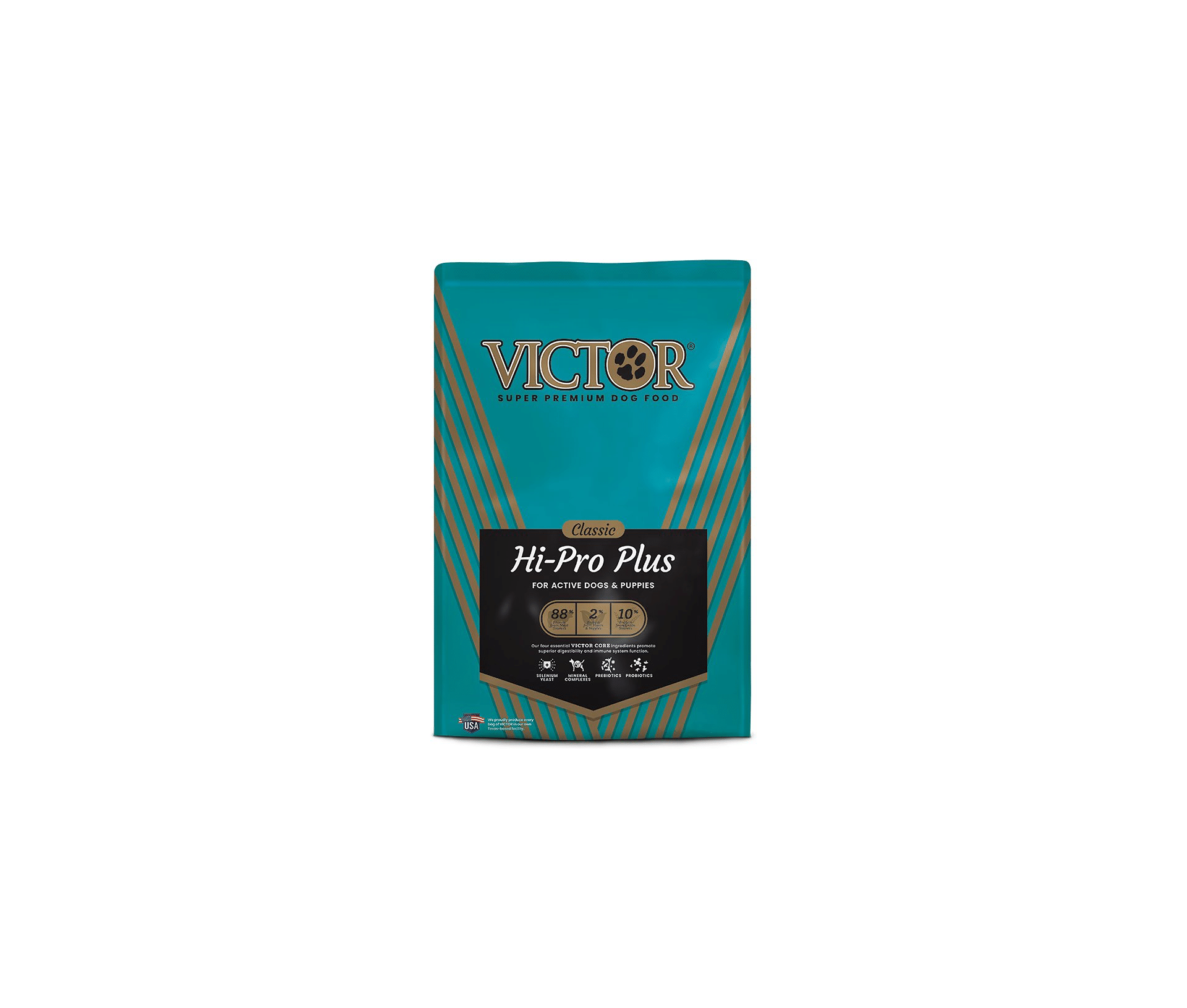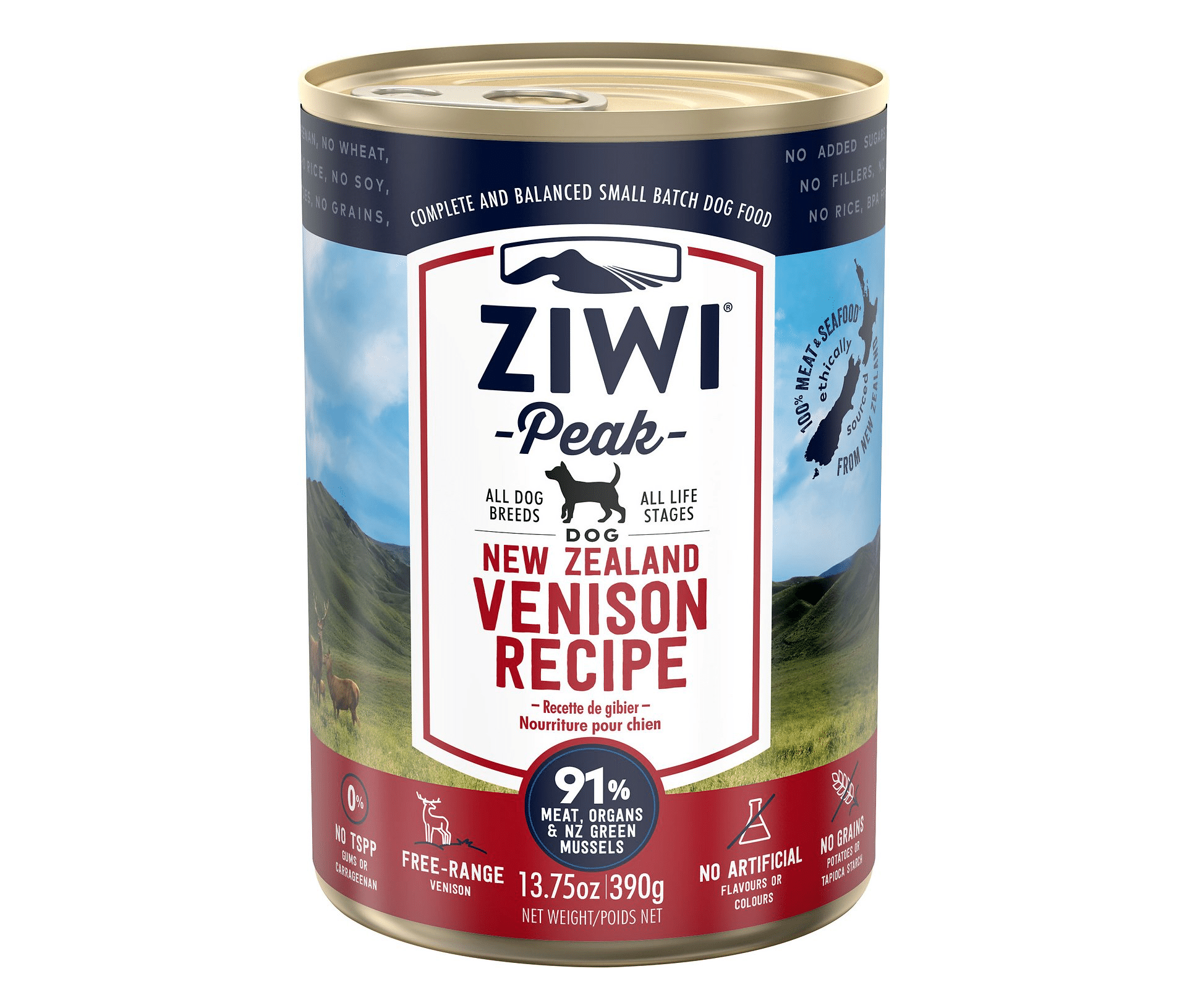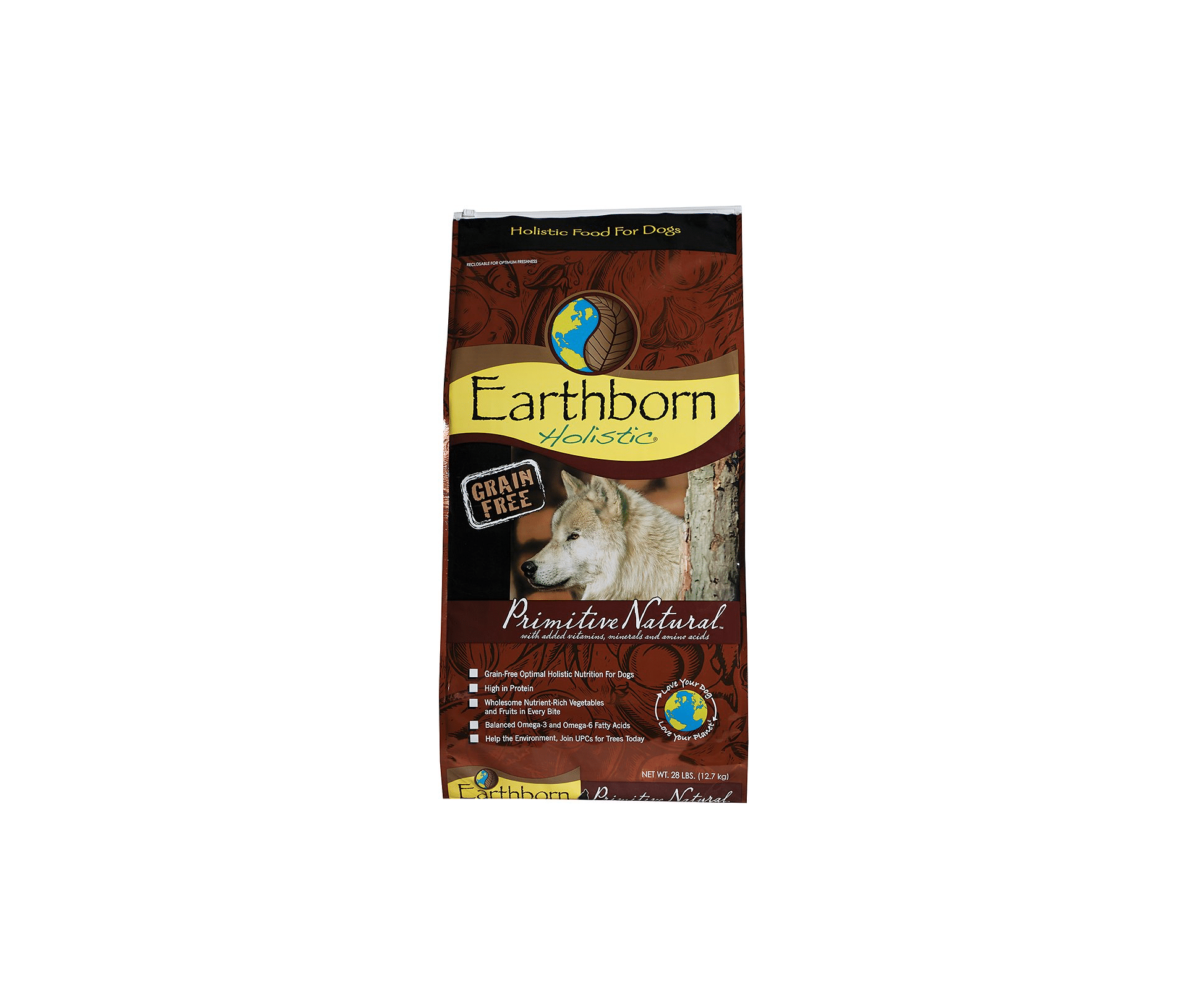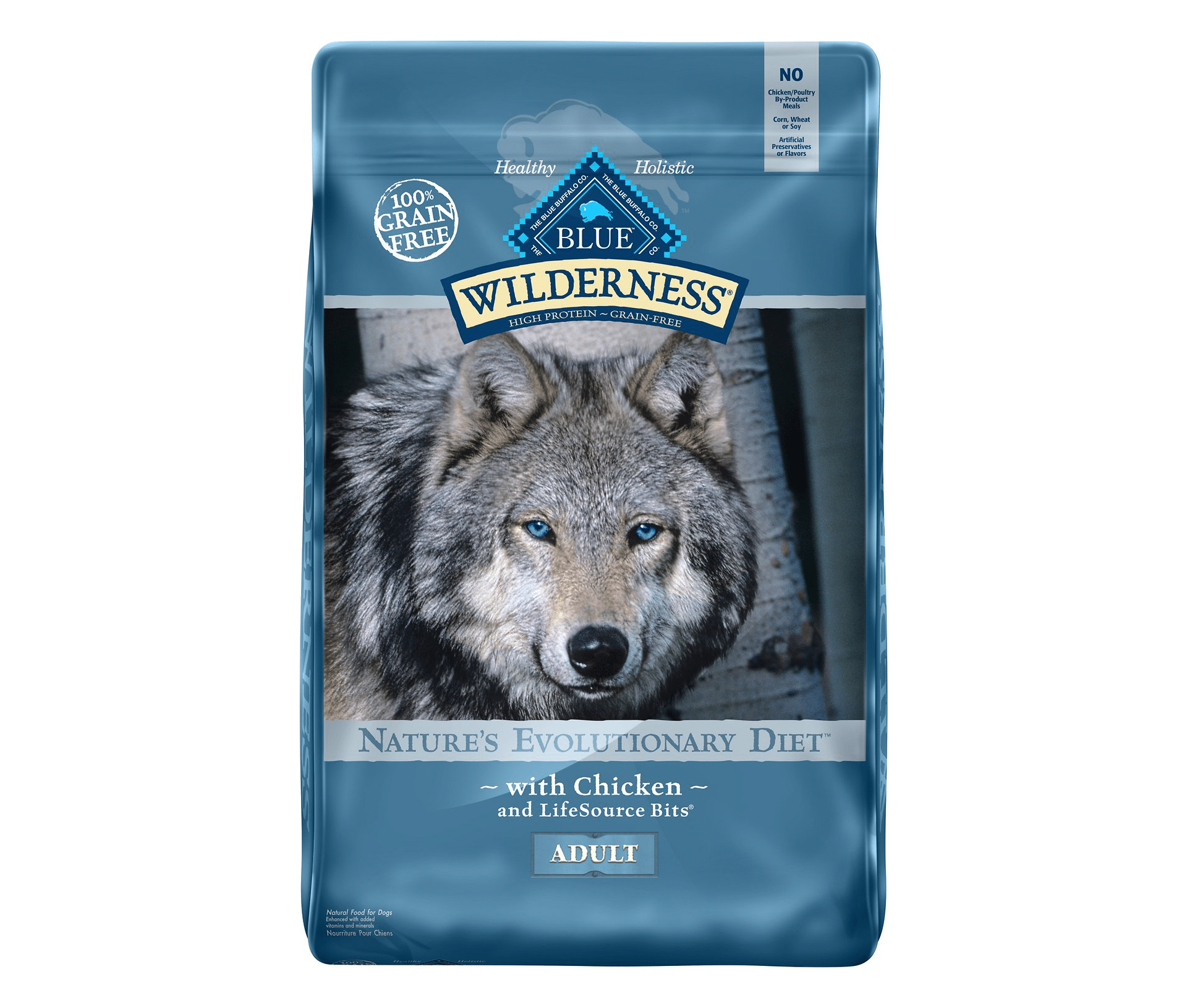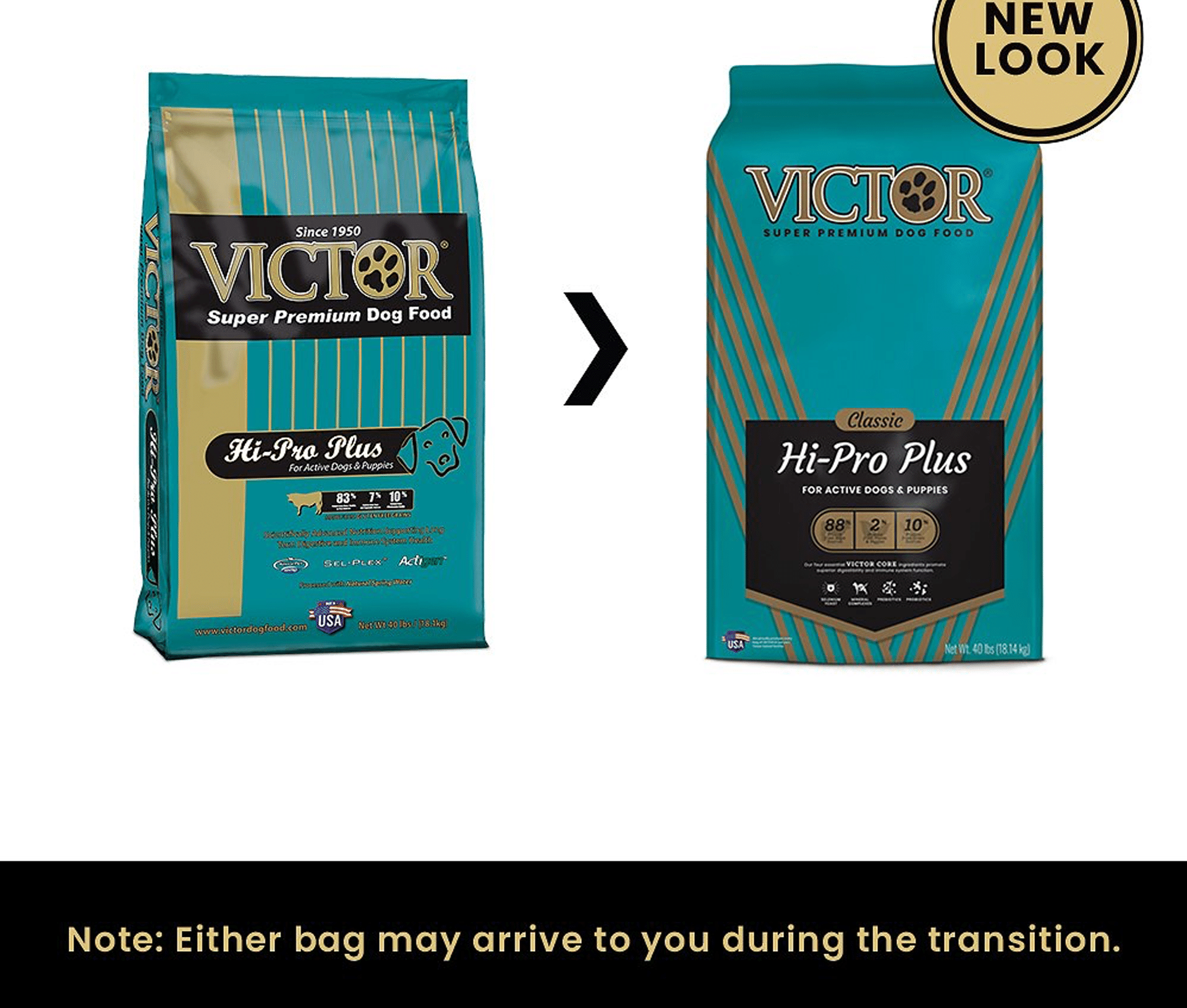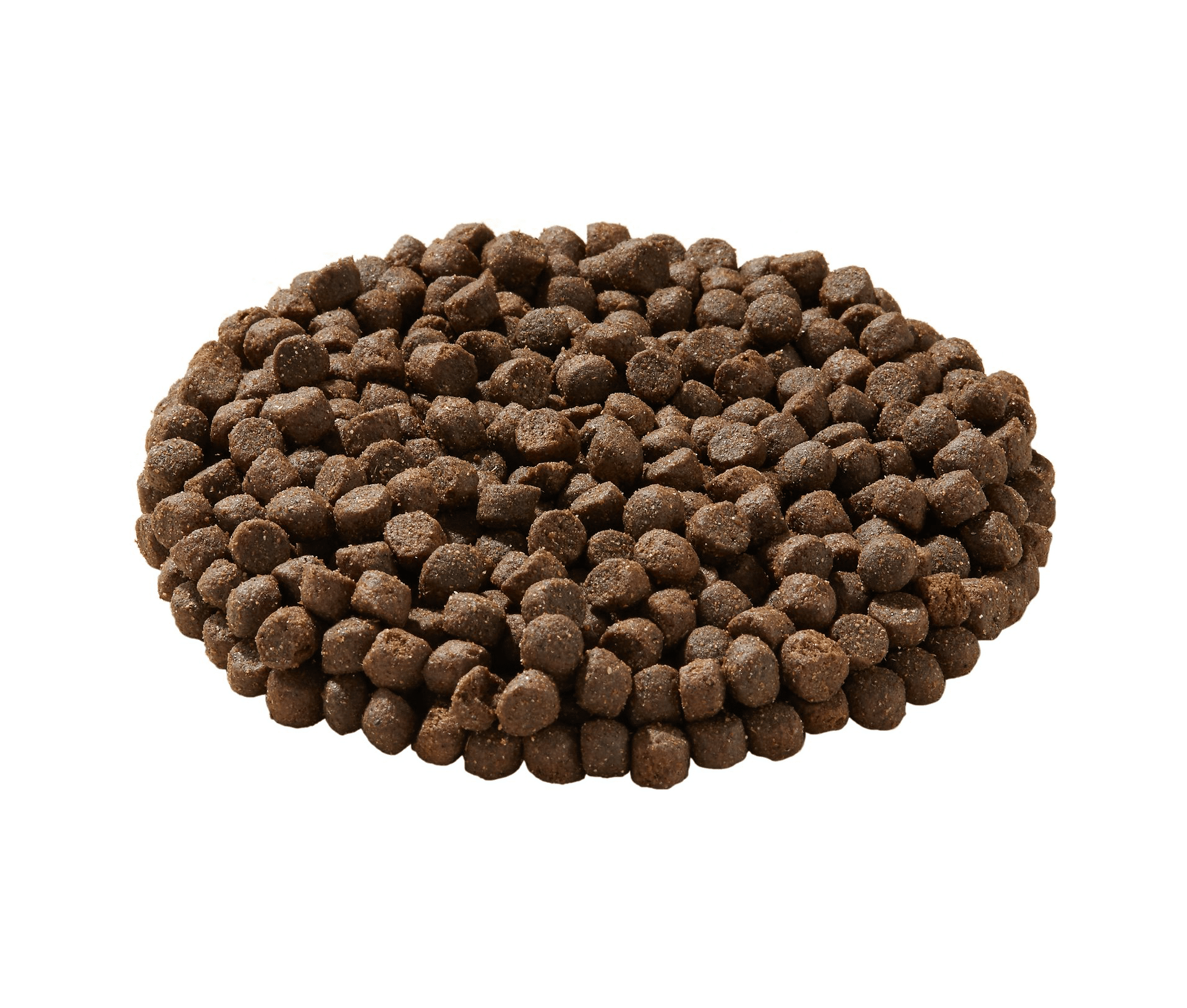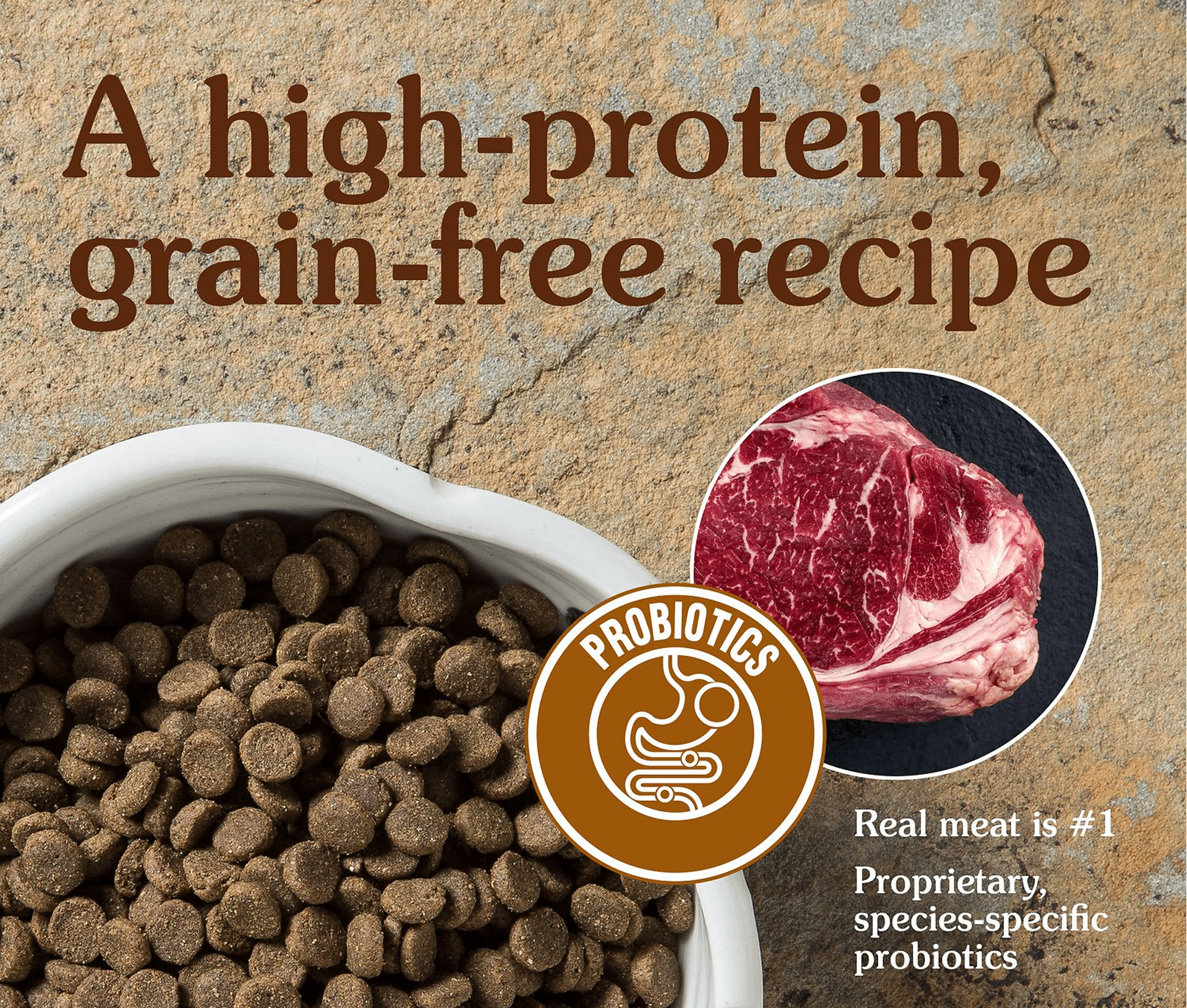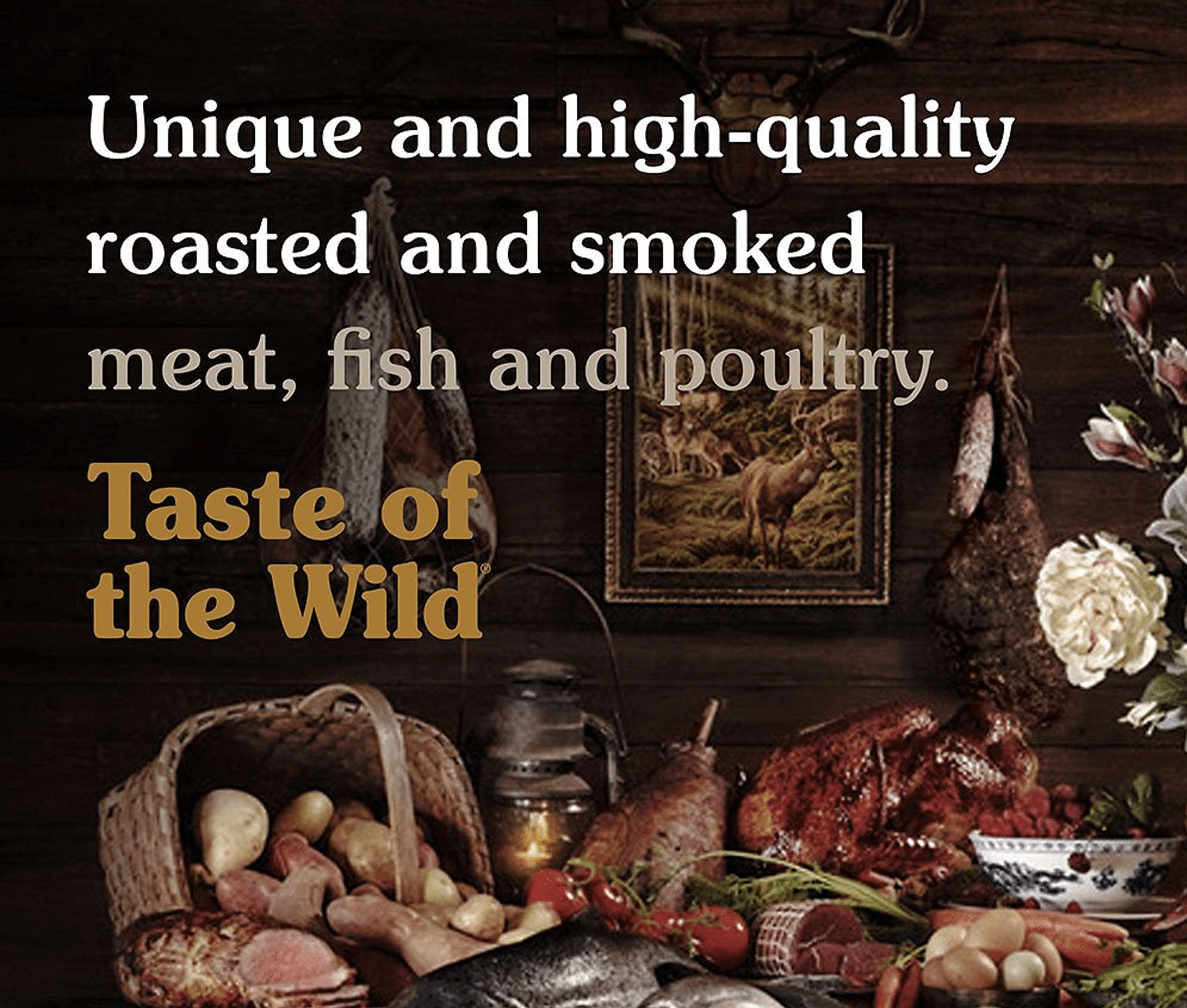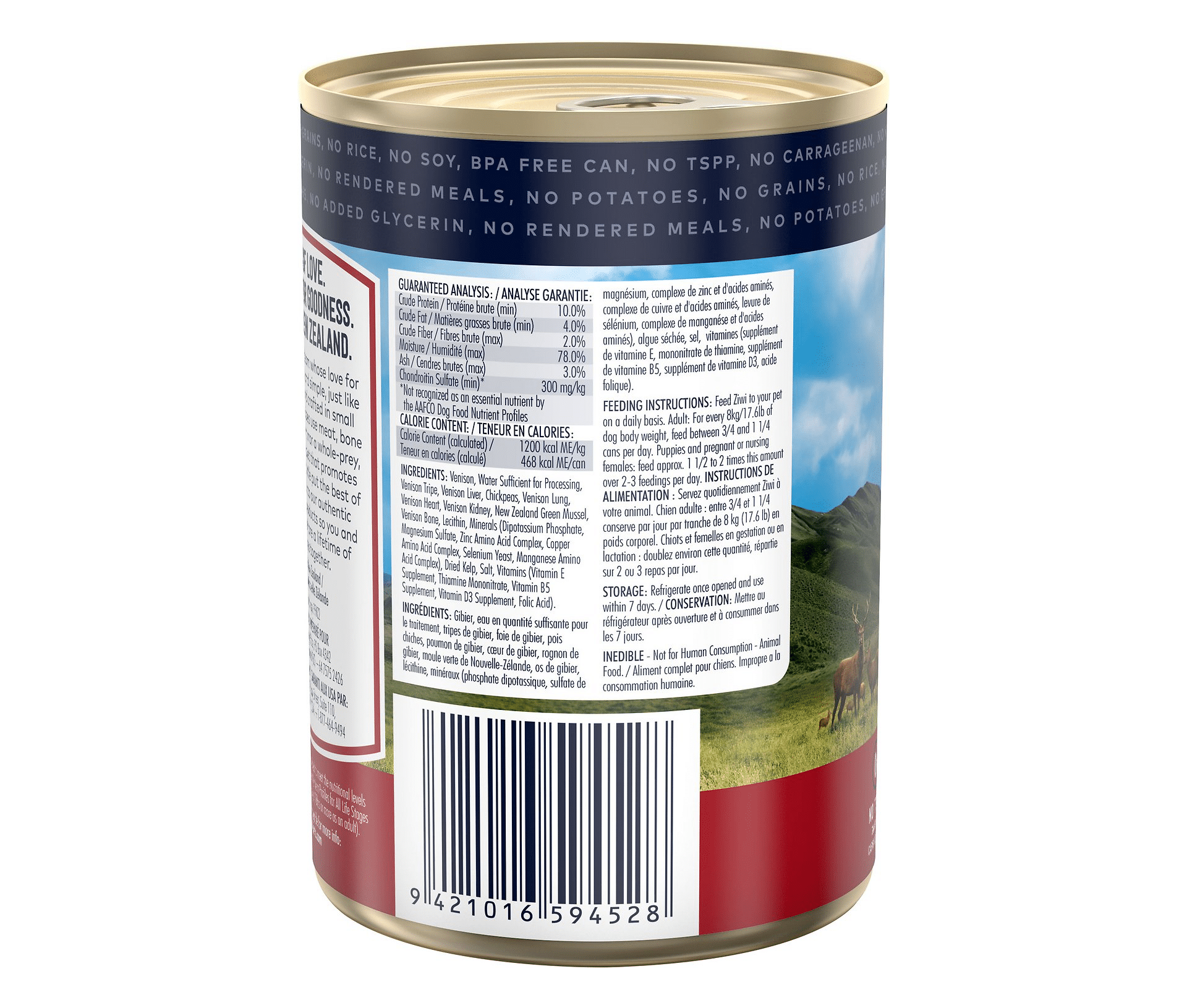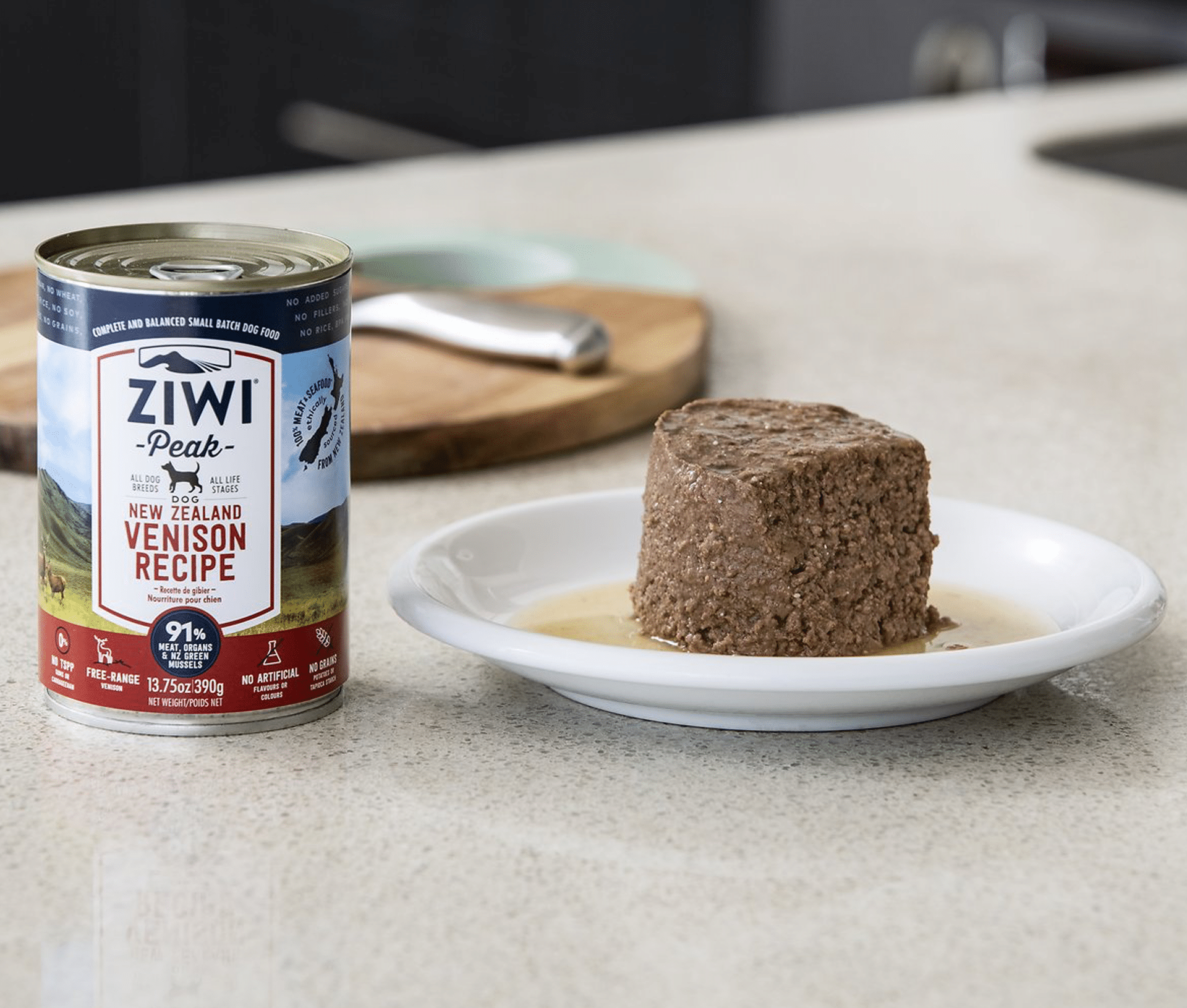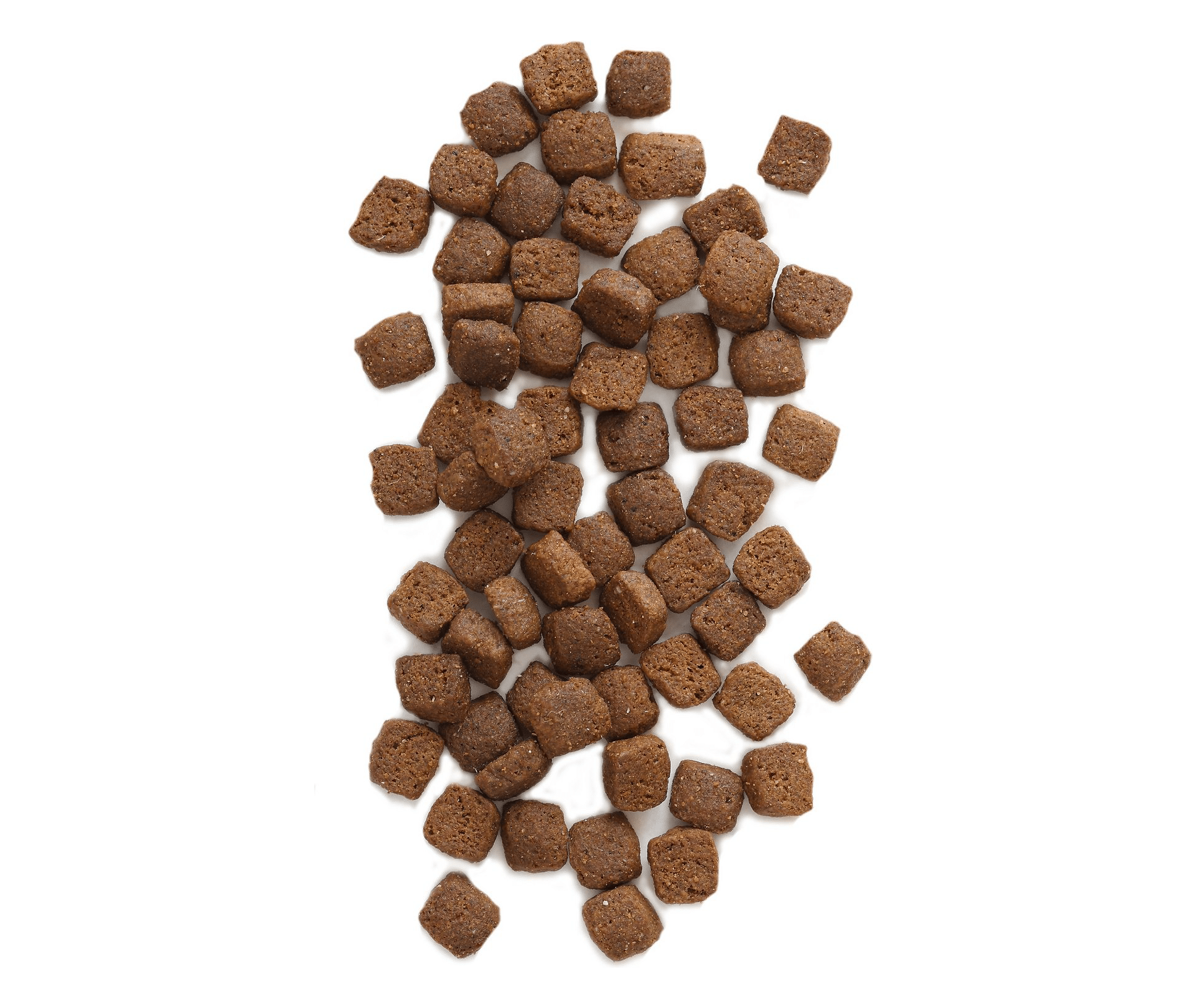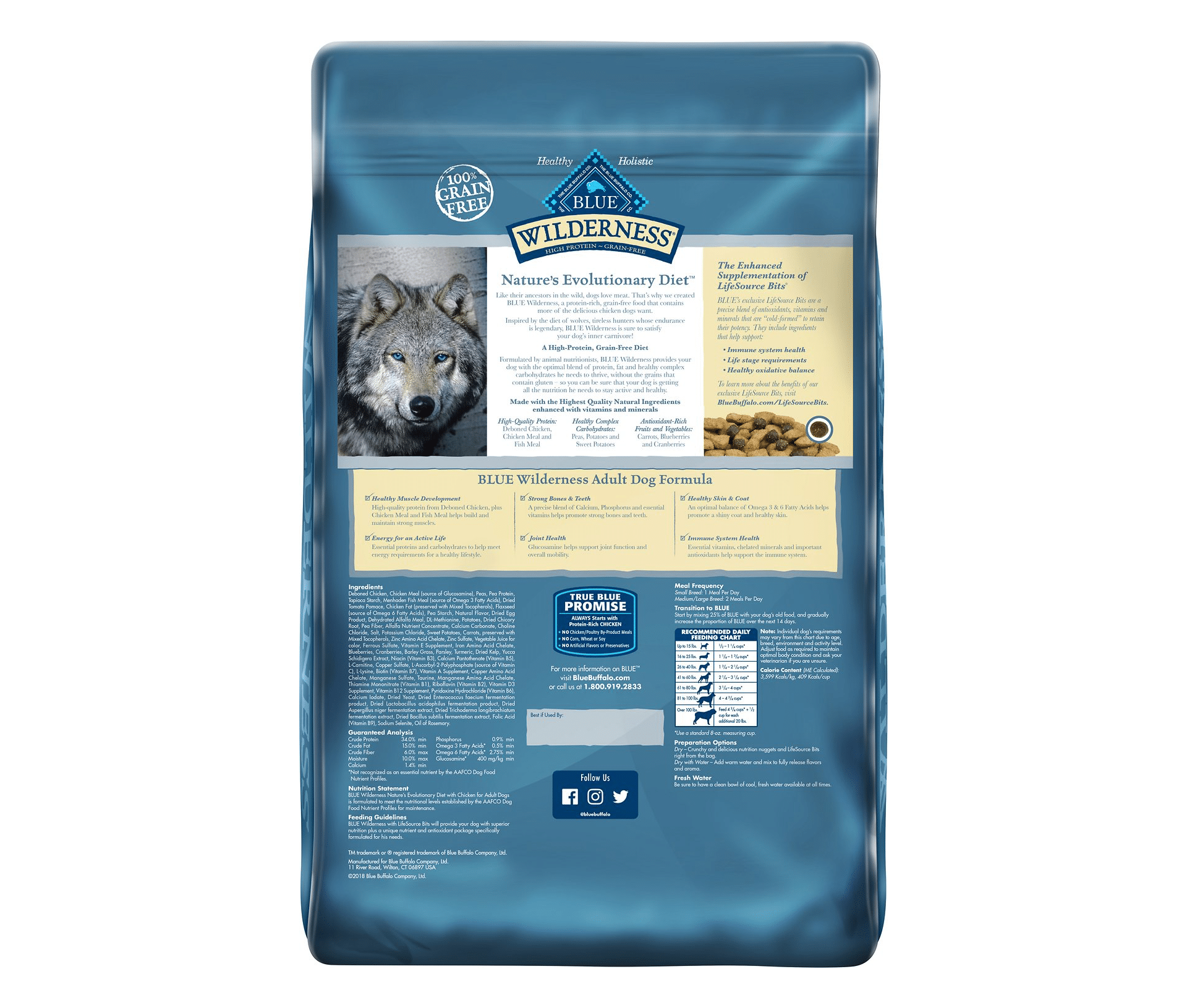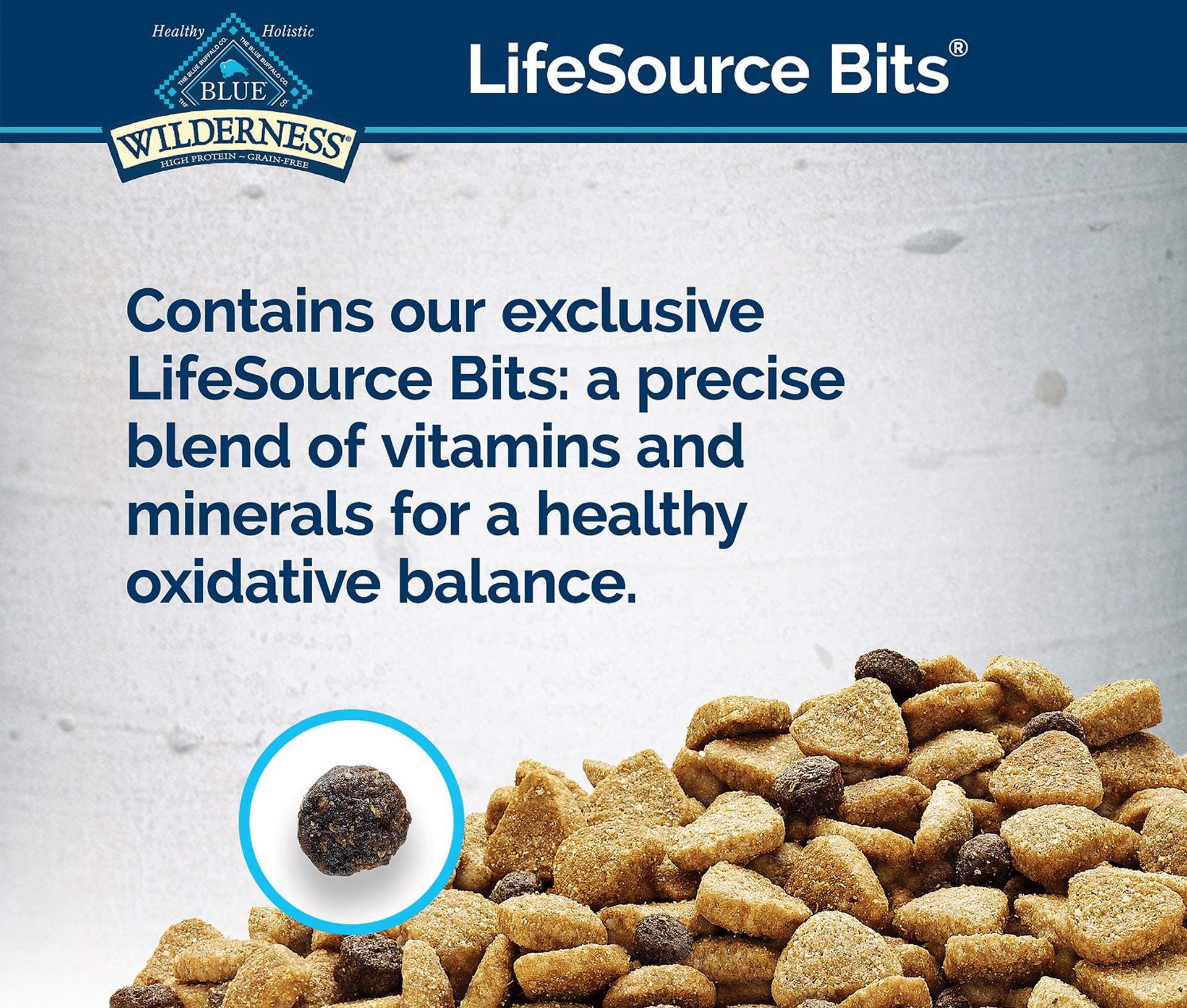In this guide, we’re going to cover how to choose the best dog food for Pitbulls.
Pitbull Terriers are a highly active and energetic breed. Known for their strength worldwide, they require a specialized diet to ensure they maintain optimal health and to provide them with all the energy and macronutrients their robust bodies need.
When they are given a proper balance of training, guidance, and nutrition, they become great family friendly dogs.
We know that picking the right dog food can be a pain, that’s why we have compiled a list of the best dog food for pit bulls to help you with your choice. As with any other breed, the right food will keep your Pitbull healthy throughout their life.
Well also provide you with a guide on how to pick the right food for your pitbull.
Victor Hi-Pro Plus
This dog food formula is created with high-performance dogs in mind and uses nutrient-rich ingredients to keep them healthy overall. It also promotes a healthy immune and digestive systems.
Made from gluten-free grains, they also fortify this recipe with vitamins, minerals, essential fatty acids, protein, and amino acids.
This formula is packed full of comprehensive protein sources; up to 88% of the protein contained within Victor Hi-Pro Plus comes from meat proteins such as premium-quality beef, chicken, and pork meals.
This kibble, like many others, has seen a lot of change lately.
This formula boasts the use of scientifically advanced supplements, that are ideal for all life stages of your furry friend – including puppies and pregnant or lactating females.
Pros
- Uses gluten-free ingredients, that are known allergens
- Rich in protein at around 30%
- Decent for active Pitbulls at a 20% fat content
- All ingredients are sourced and produced in the USA
- Great price, for a fantastic value as the cheapest of the dog foods we reviewed
Cons
- Not the best for dogs with food allergies as it still contains a known allergen - chicken
- Recently changed their formula
Taste of the Wild High Prairie Grain-Free Dry
Made in the USA by a family-owned and run company, this one should definitely be a consideration for those people whose dogs have allergies.
Taste of the wild creates dog food that’s non-allergenic and uses all-natural ingredients.
Formulated with beneficial ingredients for maximum nutrient absorption, the all-in-one food is a perfectly balanced meal.
With real buffalo as the first ingredient, followed by bison, roasted venison, and beef; these protein-rich ingredients provide lean nutrition and help support strong muscles.
The recipe uses other natural ingredients like real fruits and veggies to support overall health, as well as essential vitamins and powerful antioxidants.
Omega 3 and fatty acids are a must in any good dog food and they help sustain healthy skin and coat, and High Prairie contains Omega 3 and 6 fatty acids.
This product contains no corn, wheat, or fillers; it’s completely grain-free!
And it uses no artificial flavors, colors, or preservatives.
To promote a healthy digestive system, a nutrient-rich recipe is used, including a blend of proprietary K9 probiotic blend strains; perfect for your Dog’s digestive health.
Pros
- Incorporates grain-free and allergen-free ingredients
- Each ingredient used is meant to benefit the pup in one way or another
- Rich in protein at around 32%
- Uses tons of high-quality, natural source ingredients that are beneficial to my Pitbull's health
- Rich in Omega-3 fatty acids and amino acid, making my pup's coat shiny and soft
- While not the cheapest is a fair price
Cons
- At 18% fat content, this one isn't the best for super active Pitbulls. However, it is well within the recommended 15-25% mark
Ziwi Peak Venison Recipe Canned
Ziwi Peak Venison Recipe Canned Dog Food is designed to mirror a whole-prey, nutrient-dense diet.
Fresh meat, organs, and bone from venison and New Zealand green-lipped mussels are used as a natural source of chondroitin and glucosamine, helping to support joint health.
All the protein in this canned food is sourced from free-range, grass-fed, ethical, sustainable farms, and pristine blue New Zealand oceans.
This choice is also free from antibiotics and added hormones.
Ingredients like grains, rice, corn, soy, potatoes, wheat, fillers, glycerin, rendered meals, preservatives, TSPP, BPA, guar gum, agar agar, and carrageenan are avoided like the plague; providing an all-natural, nutrient-rich dog food.
This dog food comes as a chunky loaf, with a high level of all-natural protein and moisture in cases of 12; cans weighing 13.75oz.
Pros
- Incorporates grain-free and allergen-free ingredients
- Each ingredient used is meant to benefit the pup in one way or another
- Tons of high-quality, natural source ingredients that are beneficial to my Pitbull's health
- Made my pup's coat nice and shiny and soft
Cons
- The smell isn't the greatest, but the dogs love it
- Pretty pricey as it is at least double the cost of all the other products we reviewed
Earthborn Holistic Primitive Natural Grain-Free Natural Food
As the name suggests, Primitive Natural is designed to satisfy your dog’s instinctual desire for animal nourishment.
Chock full of protein, this formula from Earthborn Holistic is excellent for the ‘wilder’ breeds.
Every ingredient has been carefully selected with the specific purpose of maximizing nutritional benefit.
High-quality processing technologies afford excellent digestibility and nutrient absorption.
To help develop and sustain energy and muscle function, they use high-quality protein sources and L-Carnitine such as turkey meal, chicken meal, and whitefish meal.
For optimal, everyday health, they use carefully chosen ingredients, rich in antioxidants, including peas, blueberries, cranberries, apples, carrots, and spinach.
To support healthy skin and coat, a balance of omega 6 and three fatty acids are used; playing a vital role in establishing the lipid barrier of the skin.
Pros
- All ingredients used are available, grown, and produced in the US
- Has the highest protein content, at a whopping 38-42%, and has a good amount of healthy fats - at 20%. This dog food is best for building muscles and maintaining energy throughout the day
- All components - from protein, fats, and carbs are high-quality and naturally sourced
- They utilize recyclable materials whenever possible, as well as an environmentally friendly manufacturing process
- Founded the UPCs for Trees Program to raise awareness about the environment as well as to promote sustainability
Cons
- Not budget friendly
Blue Buffalo Wilderness Chicken Recipe Grain-Free
Formulated to mirror the diet of ancestral wolves, this recipe is specially crafted to support your dog’s overall health and well-being. Without grains and with no artificial preservatives, colors, or flavors, this product is a great all-rounder.
They use high-quality ingredients such as calcium, phosphorus, and essential vitamins to promote healthy muscle development, strong bones, and teeth.
The Blue Wilderness formula also supports healthy skin, a luscious coat, and a strong immune system in your dog; containing Omega 3 and 6 fatty acids.
It also contains Glucosamine to help support joint function and overall mobility.
For a shiny coat and healthy skin, they’ve incorporated omega 3 and 6 fatty acids.
Pros
- Free of grain and artificial ingredients
- Rich in protein at around 34%
- Uses tons of high-quality, natural source ingredients
- Affordable price for a premium product
Cons
- At 15% fat content, this isn't the choice for active Pitbulls
Guidelines for Pitbull Diet & Nutrition
Technically speaking, “Pitbulls” is an umbrella moniker that includes a multitude of different breeds. Such as the Staffordshire Bull Terrier, the American Staffordshire Terrier, the American Pit Bull Terrier – and sometimes, mixed breed dogs.
Unfairly depicted as an overly aggressive dog breed in the media, Pitbulls are actually very sweet family friendly dogs.
Just like with any other breeds, feeding a Pitbull follows the same standard guidelines. Their size, age, metabolism, activity level, and build typically determines the frequency and amount of food you give your Pittie.
Like us, each dog is ultimately different in comparison to another of the same breed – and more obviously, from other breeds.
Pitbulls have a naturally stocky frame and are classified as a medium breed. Weighing anywhere from 30lbs as a small female to 70lbs as a large male once they become adult dogs.
Being very muscular and active dogs, Pitbulls need to consume very nutrient and protein-rich food. Especially growing puppies and young adults.
When they are young, it’s best to start off with puppy food that’s rich in quality protein and fat sources.
How Much Should I Feed My Pitbull?
As much as we would like to generalize and simplify the matter, there is no one right dog food custom-made for a specific breed. Let alone an umbrella breed.
How much food you feed your Pitbull will depend on a variety of factors which I have listed below.
- Activity levels will affect how much food your pitbull will need. A dog that has high activity levels will need more fuel to exercise, play or work, compared to a dog with low activity levels.
- Size and age are important because dogs need to be fed the correct sized portions based on their relative height and weight. A Younger dog will also have different protein and nutritional requirements compared to an older dog.
- Pitbulls that are pregnant or nursing will need a higher caloric intake to combat the extra stress that is placed on their body during pregnancy as well as provide the growing puppy with a balanced nutrient intake.
- Presence of any underlying abnormality or medical condition will play an important factor as well. Any health issues will determine if they need more or less food intake.
Pitbulls have an insatiable appetite and do require a substantial amount of food daily due to their fast-paced and active lifestyles.
If given the opportunity, however, these sweethearts are known to eat beyond what they need – leading to weight gain.
As the owner of a Pitbull, you should measure their food, and avoid free feeding.
Adult pit bulls should have two or three meals a day depending on expenditure. If your dog suffers from any stomach problems or bloat we advise to supply them with 3 smaller portions of food a day compared to two portions of food a day.
In greneral, we recommend feeding 3 times a day with smaller portions. For example, if feeding twice a day portion sizes would be 1.5 cups, but if feeding 3 times a day portion sized would be 1 cup.
For puppies, we advise also feeding them 3 times throughout the day, totaling 1 cup worth of food, to begin with, steadily increasing the portion sizes as they gain weight.
Nutrition Requirements – What Diet is Best for My Pitbull?
The best food for your Pitbull will include three main types of ingredient compositions, according to experts:
• 45% protein
• 25% fat
• 30% carbohydrate
Protein is essential in these muscular dog’s diets to ensure they don’t get muscle atrophy (loss of muscle mass). It helps build and maintain the integrity of their muscles and other organs.
Whilst healthy fats are vital for the important components in the structures of the nervous system, skin, & hair, they’re also crucial to efficient absorption of specific vitamins that are dependent on fat molecules for transportation.
Not to mention, fats are required for forming energy. However, when it comes to the principal source of producing energy, carbohydrates take up the reins.
When a Pitbull cannot get enough energy to sustain their active lifestyle from carbs and fats – it winds up stemming from the proteins instead.
When this happens the muscles can begin to deteriorate – as the proteins will be utilized elsewhere in the body instead of being used for protein synthesis.
Having a diet that’s rich in high-quality proteins, healthy fats, and sufficient carbohydrates is a must but these aren’t the only essential component to your Pitbull requires.
Vitamins & Minerals
Just like proteins, fats, and carbs, minerals, and vitamins are an important part of your Pitbull’s diet and overall health.
The vitamins and minerals you want to keep an eye out for that are crucial for your pit bulls diet are:
- Calcium balanced with phosphorus in a ratio close to 1.2:1 for strong bones and teeth and the development of the skeletal system.
- Iron for the synthesis of hemoglobin (the transport molecule of oxygen in red blood cells).
- Vitamins A, C, and E are powerful antioxidants – great for your Pittbulls immune system and overall health.
- B-vitamins are crucial for optimum metabolism.
- Magnesium for bone and muscle growth.
- DHA (a component of Omega-3 fatty acids) for eye, nervous system and cerebral development. This ingredient is essential for growing puppies.
- Chloride with sodium for nervous system, cardiac, and muscular function.
- Potassium for healthy heart cells and cardiac function.
- Sulfur for your dog’s skin, nails, and fur.
At the same time, when you are choosing which food is best for your Pitbull, you need to pay attention to the ingredients.
There are ingredients you should look for, and ones you should avoid whenever possible.
Ingredients to Look For
High-quality dog food is a must-have for your Pittie due to their unique build.
Cheaper foods tend to be full of unnecessary “filler” ingredients that only hinder the dog’s athletic performance.
Not to mention that they can lead to weight gain. Which comes with its own host of health issues.
There are a variety of macronutrients Pitbulls need that every dog owner should look for. As well as tons you want to avoid.
Protein
As previously mentioned, protein is a necessary and vital ingredient for your dog’s health. And should go without saying that it’s the first thing owners should look for.
While most dog foods contain it as the first ingredient, you want to make sure it’s a high-quality source of protein.
Ideal types of high-quality protein are natural sources like chicken, beef, lamb, and fish.
Even better to go with dog food that has more than one type of protein source.
Natural Fats
Healthy natural fats contain Omega fatty acids. And are typically found in ingredients like fish oil or flaxseed oil.
With Pitbulls having relatively short fur, these fatty acids will do wonders for their skin and fur. The acids will keep the skin supple and free from a variety of skin conditions.
Quality Carbs and Nutrients
While carbs are typically used to make food more filling – you want to use quality ones.
Sweet potatoes are just one example of a high-quality carb that would make an excellent choice. You don’t even need a lot of it for it to do its job.
Not only do natural ingredients make the food filling, but they have added nutrients. Making the best food for your Pitbull, one that is filled with a wide range of them.
For example, ingredients like blueberries provide a boost of antioxidants. Whereas carrots contain beta-carotene which helps support eye health.
Ingredients to Avoid
Just like there are ingredients you want to look for that are beneficial to your Pittbulls health. There are several ingredients you want to avoid that are actually harmful to them instead.
These types of ingredients are typically called “fillers” and usually heavily processed. While they do fill up your dog, they do nothing beneficial for them.
Corn and Grains
As one of the cheapest fillers available, corn and grains are carbs Pitbulls can do without.
They can upset your Pittbulls stomach, cause digestive issues, and even make them gain weight. Corn and grains may also result in your Pitbull being malnourished as they are often used to replace high-quality carbs.
Additives
To make the food more appealing to dogs, manufacturers commonly incorporate color and flavor additives into it. Color and flavor additives are far too common among manufacturers.
Common Health Problems in Pitbulls
Like any other dog, Pitbulls are susceptible to a variety of health problems. Due to their active lifestyles, these dogs may experience additional issues as they age. While not entirely avoidable, many issues can be alleviated with the help of a proper diet.
Allergies
Much like humans, Pitties with allergies are quite common and to a wide variety of things. Plus, they can develop over time.
Typical signs your Pitbull has allergies include vomiting, sneezing, hair loss, and skin issues. Just to name a few.
It’s not uncommon for Pitbulls to develop allergies to ingredients in their kibble – even if it’s a good one. Unfortunately, it can be challenging to pinpoint the specific cause of the allergic reaction.
Once the culprit is found, a unique diet will be required to help avoid flare-ups and illness. And a specialized test from a vet will be required to do so.
More often than not, the cause is from wheat, soy, corn, chicken, or beef.
The truth of the matter is, most allergens are proteins in nature. Which is why it is critical to identify the trigger in their food.
Bloating
Officially called Gastric Torsion, bloating may not seem like a huge issue. However, it can be fatal for Pitbulls and requires immediate veterinarian attention.
Because of Pitbulls’ healthy appetites, this often happens to them. Scarfing down food without chewing creating a quick build-up of gas.
The problem arises when the stomach twists and prevents gas from being released. If left untreated, the bloating will continue to happen until serious complications occur.
A couple of preventative measures for bloating are:
• Separating meals into multiples to prevent them from overeating at once.
• Do not allow rigorous activity for at least 1 hour after your Pitbull finishes eating.
• Avoid dog food formulas with corn and other cheap carbs. Opting for one rich in protein and complex carbs that slowly digest.
Joint Problems
These may slowly develop over time and are common among active dog breeds like Pitbulls. Even if the problem is only apparent as the dog ages.
Joint issues can be caused by regular intense physical activity.
While there are medications from vets available to treat and relieve pain symptoms. There are several specialized diets to help tackle and alleviate the issue too.
What is the Best Dog Food for Pitbulls?
No matter what age your Pitbull dog is, to support their active lifestyle – they need a nutritious, protein-packed diet.
Recap
The Winner Is…??
While all are great products, due to formula changes and a few other key factors – the winner is clear.
Taste of the Wild High Prairie Grain-Free Dry Dog Food is the obvious victor of this round. All around they are the best dog food for Pitbulls.
It is nutrient, calorie, vitamin, and a mineral-rich blend of nothing but high-quality, naturally sourced ingredients. All targeted to do nothing but benefit your Pittie and be easily digestible.
This dog food has plenty of protein to gain and build muscle. As well as enough calories, quality carbs, and healthy fats to keep your Pitbull full of energy.
Featuring only hypoallergenic ingredients, it’s excellent for Pitbulls with skin sensitivities and allergies, sensitive stomachs, and other allergens. Making this a dog food without comparison.
The makers really care about their customers. You can see it in the ingredients they choose.
When compared to the rest, they were just lacking. Either in protein or fat content, they had additives or fillers, etc. – and in the case of one, the price.
Best value, affordable price describes Taste of the Wild perfectly. Bigger bonus, it matches the ideal dog food for Pitbulls exactly.
There’s a reason Taste of the Wild has the backing of thousands of happy and satisfied dog owners. The reviews truly speak for themselves.
If you’ve had an experience with any of these products that you want to share or a suggestion that didn’t make the list – be sure to share! We love to hear from you!
Share the Love
If you found this post useful, please let others know about it by sharing it.

